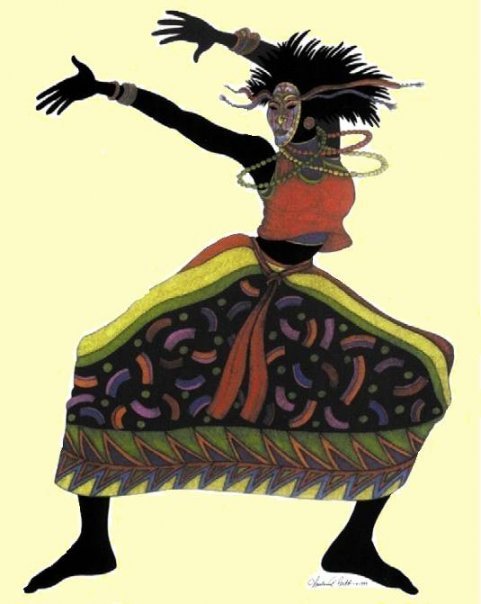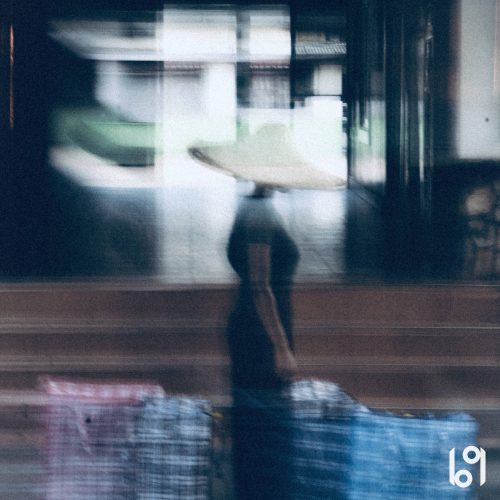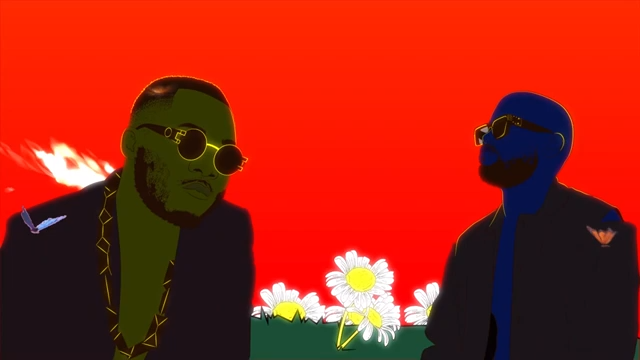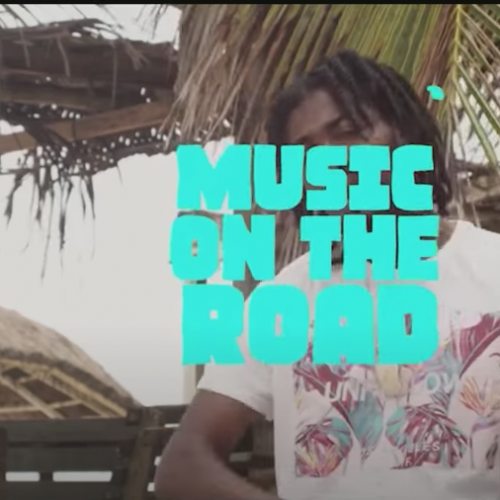in and out is about all those times of finding yourself in between the 'here', the 'there' and the 'nowhere' while trusting you will eventually find your way and the peace within. The visuals depict that very state of mind and lure you into that special space. Take a...
Radio Afrodicia (KPFK) Interview
Radio Afrodicia (KPFK) Interview
Last week I was invited by a long time supporter of Akwaaba, Nnamdi Moweta, host of the weekly Radio Afrodicia show on KPFK in Los Angeles. This interview is a good roundup of the different music trends and developments I’ve witnessed this past year throughout Africa, in particular in Ghana, where I live, and Angola, where I just traveled to. A few of the cuts we played are from the Lungu Lungu column I write for Fader mag, which is paired with a great playlist of all free tunes you can download here.
RELATED
Music Video: in and out by betina quest
Lyrics Video: Jeune Lio – My Love feat. Magasco
Follow up to Abidjan-based Cameroonian DJ and creative director Jeune Lio, here's the lyrics video to his debut single My Love featuring Magasco. Video animation was done by Ozaki & Tiemo. RELATED Follow up to Abidjan-based Cameroonian DJ and...
Music Video: Solid K – Music on the Road
Music on the Road was shot by Daniel Kwabena Marmo of The 3 Suns. According to Solid K, " The video tries to capture how I feel about music, it depicts how hard it is to explain with words. It shows what a surreal feeling it brings to me. As can be seen, I walk...
Radio Afrodicia (KPFK) Interview

Last week I was invited by a long time supporter of Akwaaba, Nnamdi Moweta, host of the weekly Radio Afrodicia show on KPFK in Los Angeles. This interview is a good roundup of the different music trends and developments I’ve witnessed this past year throughout Africa, in particular in Ghana, where I live, and Angola, where I just traveled to. A few of the cuts we played are from the Lungu Lungu column I write for Fader mag, which is paired with a great playlist of all free tunes you can download here.
RELATED
Music Video: in and out by betina quest
in and out is about all those times of finding yourself in between the 'here', the 'there' and the 'nowhere' while trusting you will eventually find your way and the peace within. The visuals depict that very state of mind and lure you into that special space. Take a...
Lyrics Video: Jeune Lio – My Love feat. Magasco
Follow up to Abidjan-based Cameroonian DJ and creative director Jeune Lio, here's the lyrics video to his debut single My Love featuring Magasco. Video animation was done by Ozaki & Tiemo. RELATED Follow up to Abidjan-based Cameroonian DJ and...
Music Video: Solid K – Music on the Road
Music on the Road was shot by Daniel Kwabena Marmo of The 3 Suns. According to Solid K, " The video tries to capture how I feel about music, it depicts how hard it is to explain with words. It shows what a surreal feeling it brings to me. As can be seen, I walk...






